AI in Personalising the E-commerce Experience
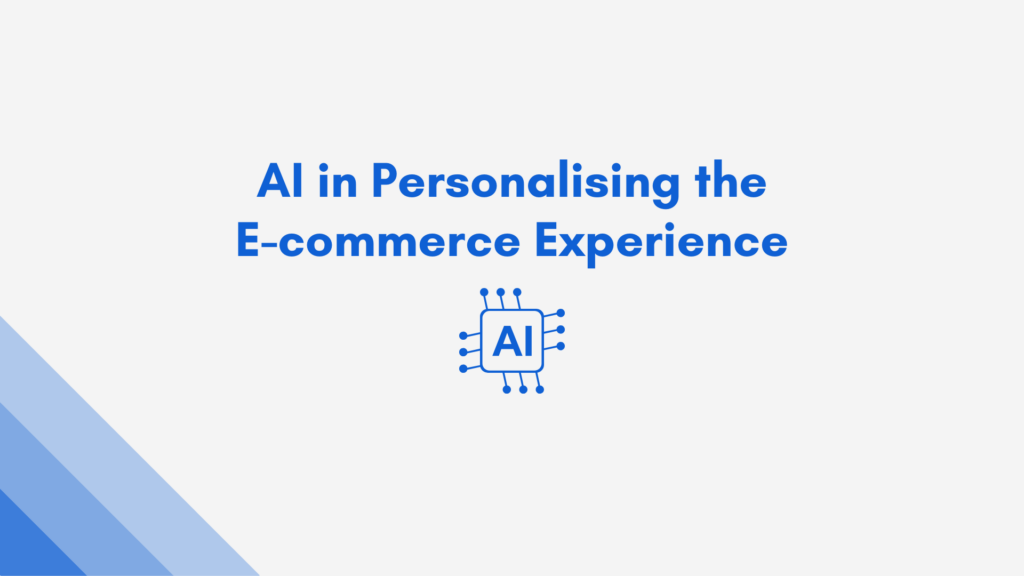
Today’s e-commerce landscape is a battleground. Customers bombarded with choices can easily abandon ship if their experience feels generic. The key to standing out? Personalisation. Studies by McKinsey & Company show that personalisation can increase customer engagement by up to 70% and boost sales by up to 10%. This is where Artificial Intelligence (AI) steps in as a game-changer.
AI: The Superpower of E-commerce Personalisation
AI in e-commerce refers to the use of sophisticated algorithms and machine learning to unlock the power of customer data. By analysing vast amounts of information on purchases, browsing behaviour, and demographics, AI predicts preferences and automates personalised interactions throughout the customer journey. This translates into powerful applications like product recommendations, dynamic pricing, chatbots, and predictive analytics.
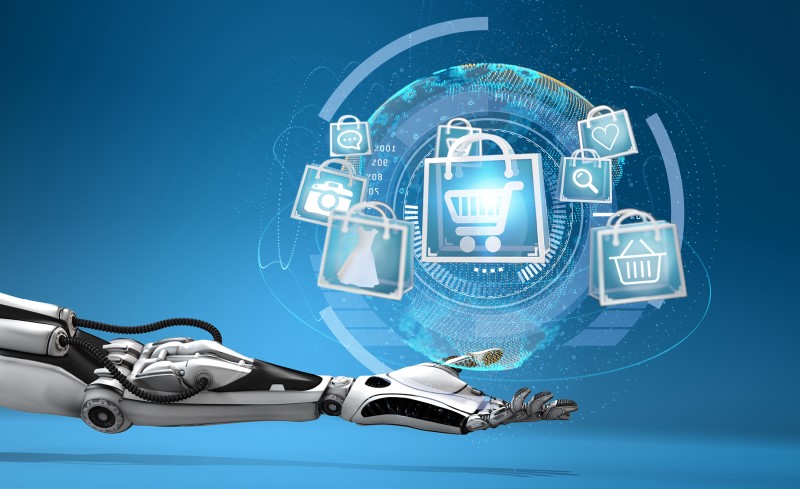
AI Features in E-commerce
Product Recommendations that Convert:
Imagine a customer browsing for running shoes. AI, recognizing their interest in athletic gear, might suggest a high-performance backpack they never considered. 73% of consumers report being influenced by personalised product recommendations according to Salesforce. AI algorithms like collaborative filtering and content-based filtering analyse past purchases and browsing history to curate recommendations that resonate with individual preferences, leading to increased conversion rates.

Dynamic Pricing:
AI-powered dynamic pricing allows businesses to adjust prices in real-time based on demand, competitor pricing, and customer behaviour. This ensures customers receive fair prices while businesses capitalise on market fluctuations.
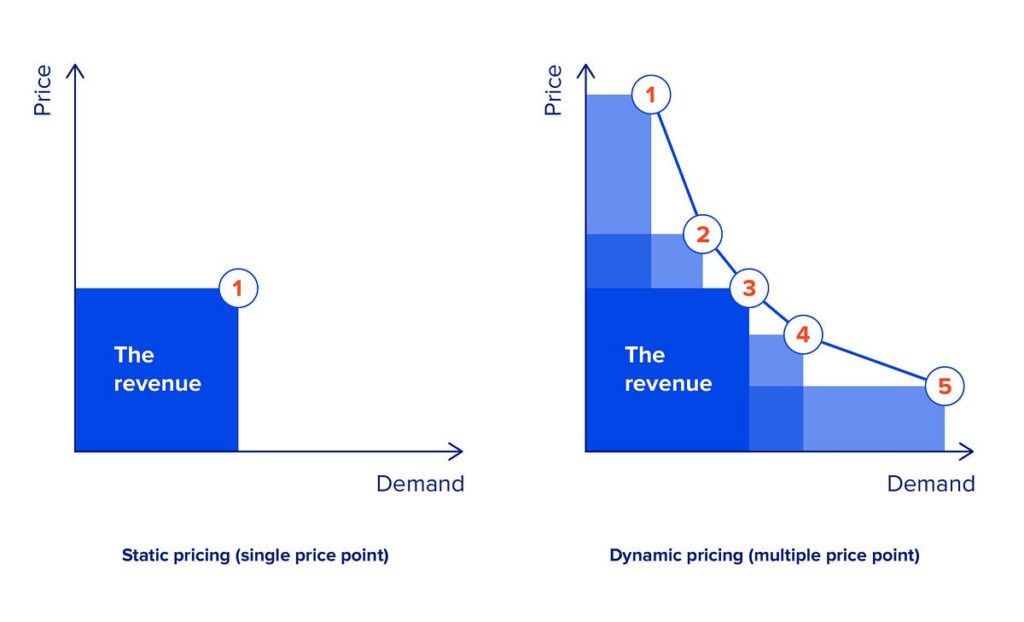
Chatbots and Virtual Assistants:
24/7 Support at Your Fingertips: AI-powered chatbots equipped with natural language processing (NLP) can answer customer inquiries, process orders, and resolve issues – all in real-time. This not only enhances customer satisfaction by providing instant support but also reduces response times and frees up human resources for more complex tasks.

Predictive Analytics:
Predictive analytics leverages AI to forecast future trends and customer behaviour based on historical data. This allows businesses to anticipate customer needs, identify potential churn, and optimise marketing campaigns for maximum impact.
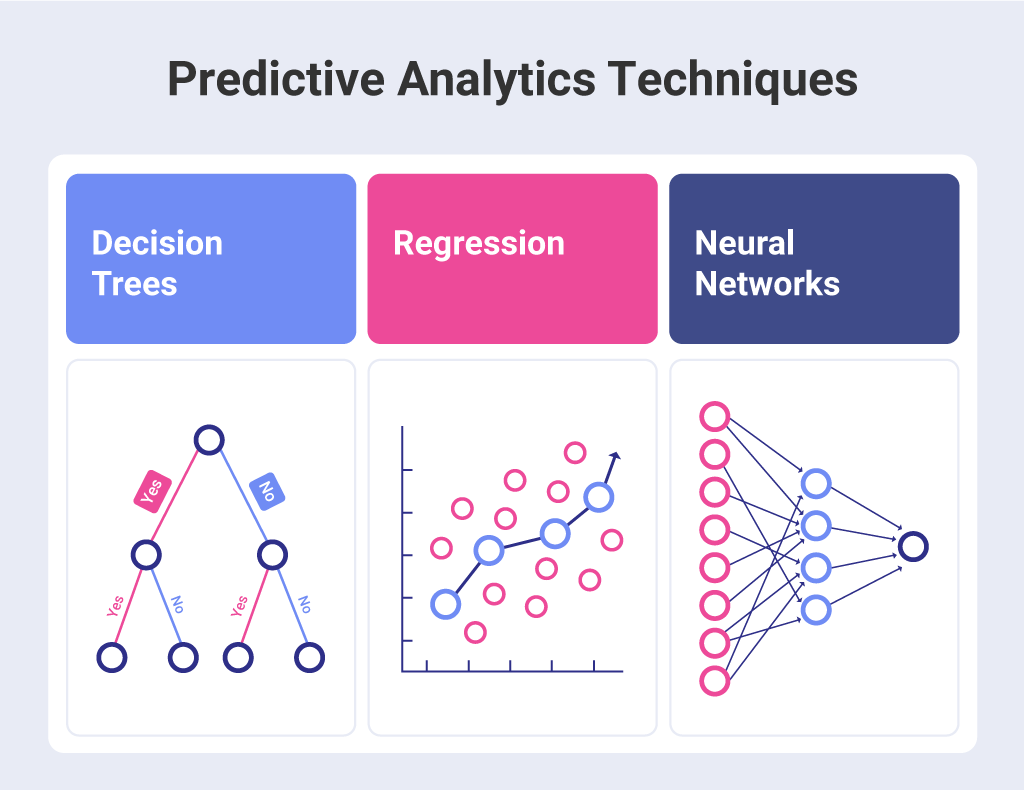
Benefits of AI in E-commerce
Enhanced Customer Experience:
Imagine walking into a store where a friendly salesperson remembers your preferences, greets you by name, and suggests items you genuinely love. That’s the power of AI-powered personalization in e-commerce. By analysing customer data, AI creates experiences that feel personal and relevant, leading to a cascade of positive outcomes:
- Increased Customer Satisfaction: 80% of shoppers are more likely to do business with a company that offers personalised experiences. When customers receive relevant product recommendations, targeted promotions, and efficient support, they feel valued and understood. This translates into higher satisfaction scores and positive brand perception.
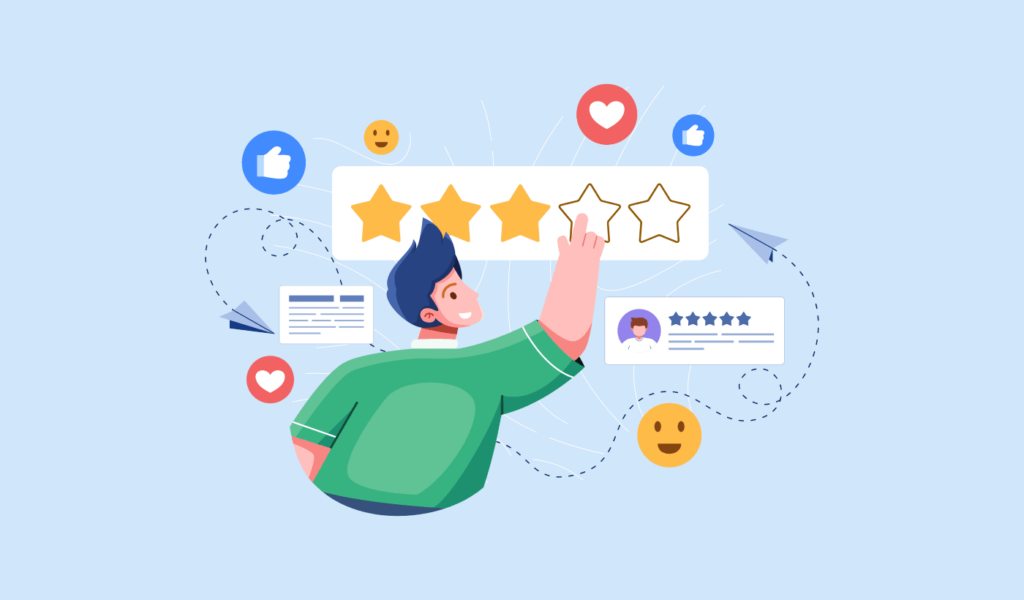
- Boosted Customer Loyalty: Happy customers become loyal customers. Studies show that personalised experiences can increase customer retention by as much as 50%. By exceeding customer expectations with tailored interactions, businesses foster trust and loyalty, encouraging repeat purchases and positive word-of-mouth marketing.
- Reduced Customer Churn: Personalisation helps keep customers engaged and coming back for more. AI can identify early signs of customer dissatisfaction and trigger proactive interventions, such as personalised recommendations or targeted discounts. This proactive approach can effectively reduce customer churn and maintain a healthy customer base.
Increased Sales and Revenue: The Conversion Equation
AI-powered personalisation isn’t just about feel-good experiences; it’s a powerful revenue driver. Here’s how it translates to increased sales and profitability:
- Improved Conversion Rates: When customers see products they’re genuinely interested in, they’re more likely to convert. 74% of consumers expect brands to personalise their shopping experiences according to Accenture. AI tailors product recommendations and offerings to individual needs, leading to a significant increase in conversion rates.
- Higher Average Order Value (AOV): Personalised recommendations not only increase the chances of a sale but also encourage customers to spend more. By suggesting complementary products or upsells based on past purchases and browsing behaviour, AI can significantly boost the average order value.
- Enhanced Customer Lifetime Value (CLTV): Loyal, repeat customers are the lifeblood of any e-commerce business. AI personalization fosters customer loyalty, leading to increased customer lifetime value. By keeping customers engaged and coming back for more, businesses can maximise the revenue generated from each customer over their lifetime.
Improved Operational Efficiency: Streamlining the Journey
AI doesn’t just personalise the customer experience; it also streamlines operations for businesses. Here’s how:
- Reduced Cost of Customer Support: AI-powered chatbots can handle routine customer inquiries, freeing up human agents for more complex issues. This translates to reduced customer support costs and improved resource allocation.
- Increased Operational Scalability: AI-powered systems can automate tasks and handle large volumes of data efficiently. This allows businesses to scale their operations effortlessly as they grow, without compromising on the quality of customer service or personalisation.
- Data-Driven Decision Making: AI unlocks valuable insights from customer data. Businesses can leverage these insights to optimise marketing campaigns, product offerings, and overall business strategies, leading to more efficient resource allocation and improved decision making.
The Future is Personal: Embracing the Power of AI
As AI continues to evolve, the possibilities for personalization in e-commerce are limitless. Imagine AI-powered virtual stylists offering personalised recommendations, or chatbots that understand your emotions and tailor their responses accordingly. The future of e-commerce is personal, and AI is the key to unlocking these exciting possibilities.
By embracing AI-powered personalisation, e-commerce businesses can create a win-win situation for both themselves and their customers. Customers enjoy a more satisfying and relevant shopping experience, while businesses reap the rewards of increased sales, loyalty, and operational efficiency. The future of e-commerce is personalised, and AI is the driving force behind this exciting transformation.
The future of AI in e-commerce personalisation is brimming with possibilities. Advancements in NLP, computer vision, and predictive analytics will further enhance personalisation strategies. However, ethical considerations surrounding data privacy, transparency, and algorithmic bias require careful navigation to ensure responsible use of AI technologies.






